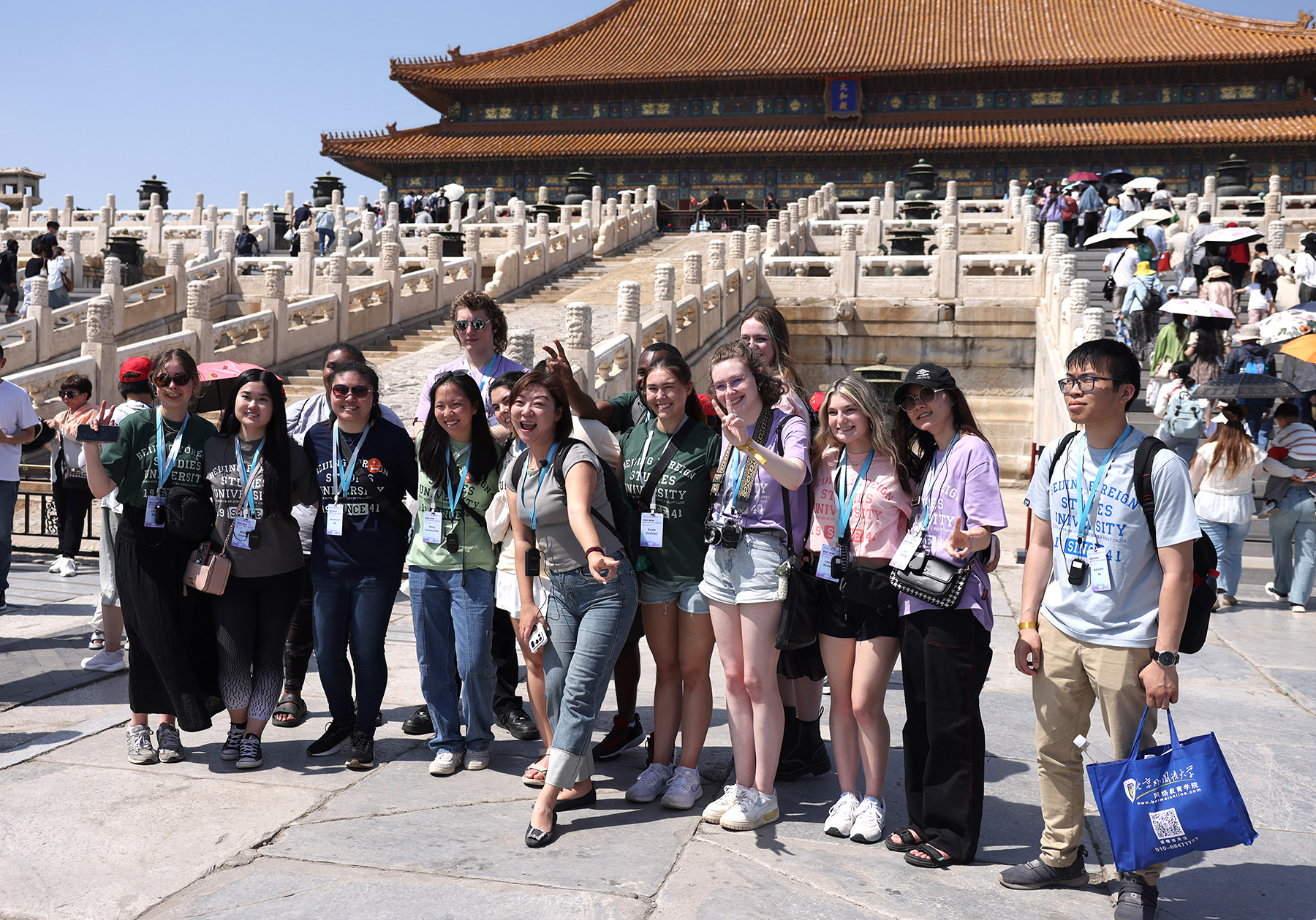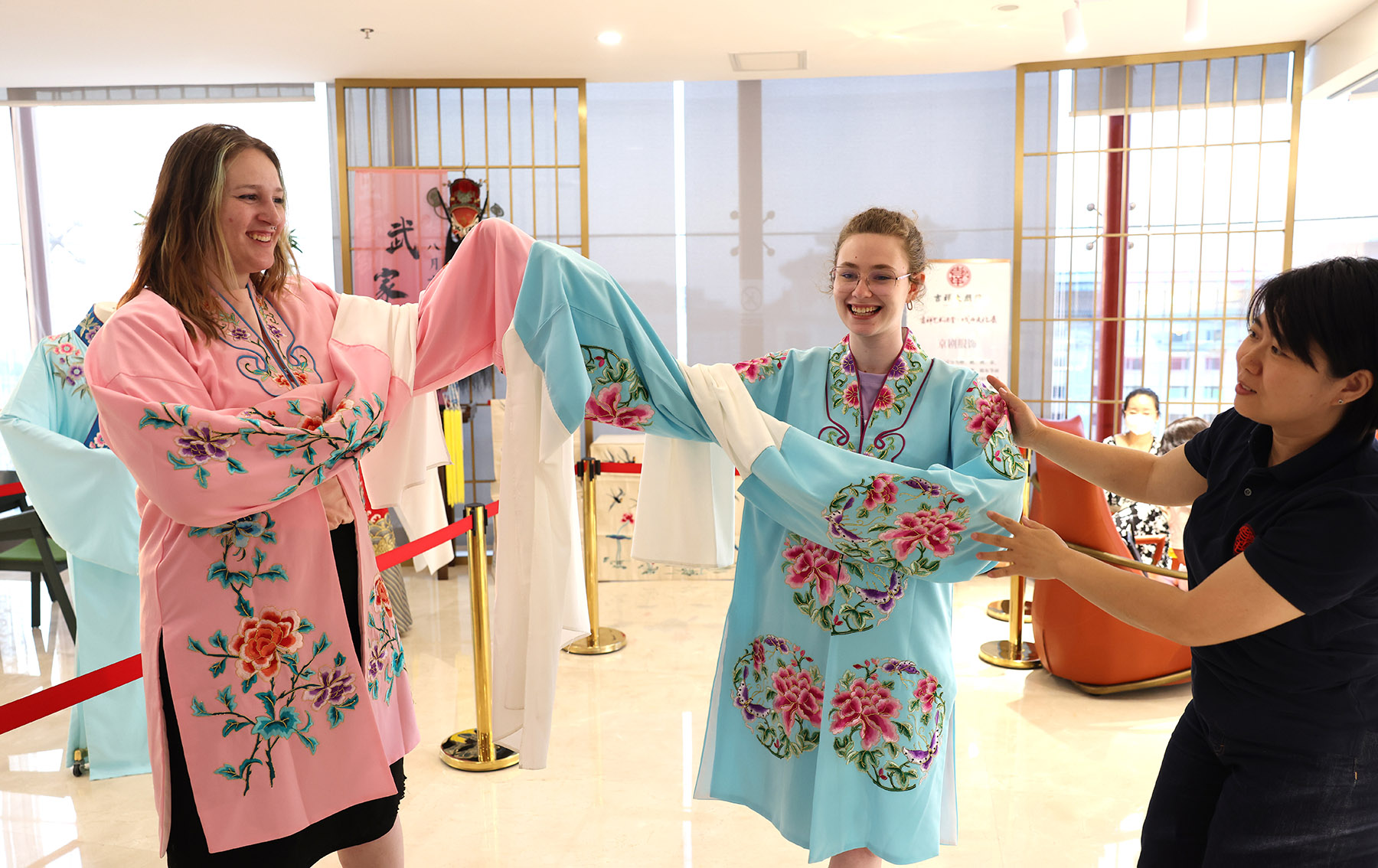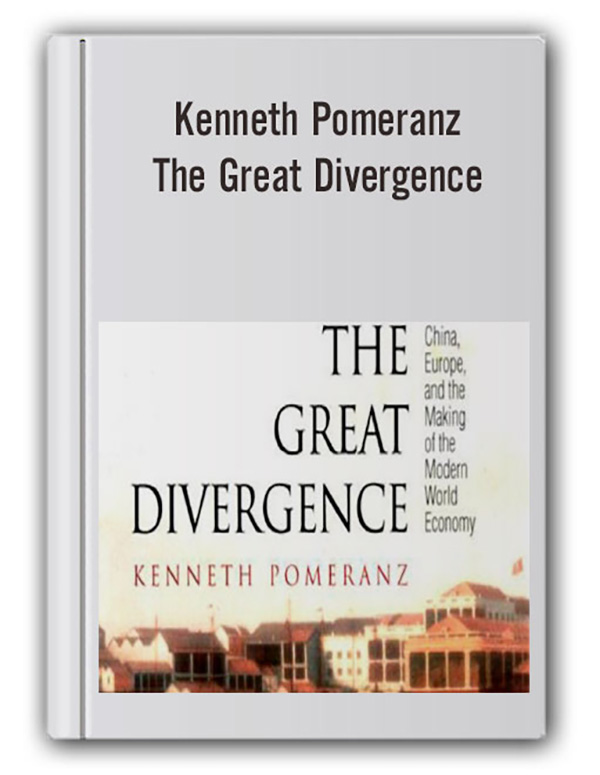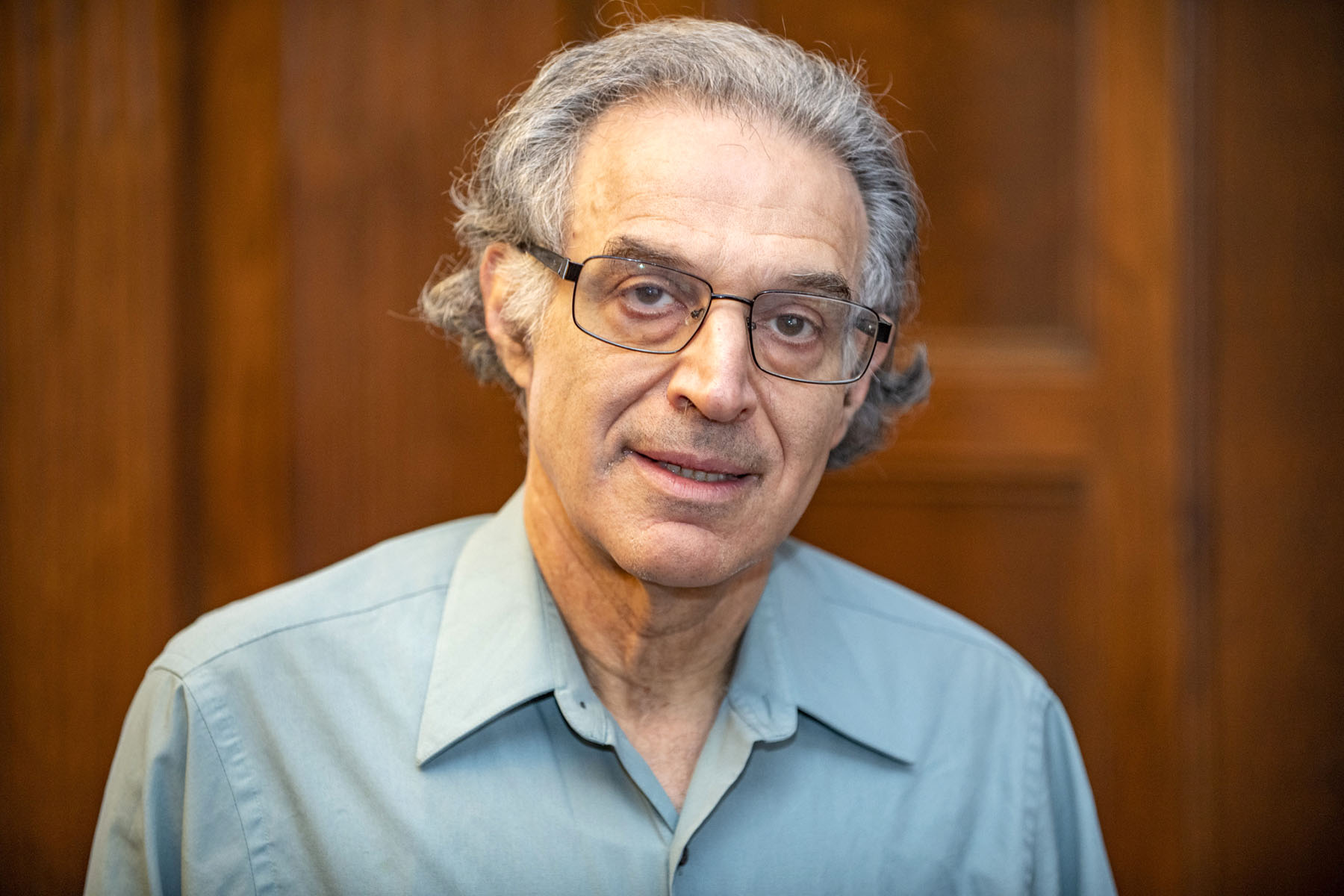Having witnessed major changes over past decades, US scholar calls for deeper understanding and open dialogue

Editor's note: As the People's Republic of China celebrates the 75th anniversary of its founding this year, China Daily asked prominent international figures to reflect on their relationship with the country and to talk of the direction in which they see it going.
Although the relations between China and the US are receiving significant attention worldwide, when Kenneth Pomeranz genuinely became interested in China more than 40 years ago, he was actually entering a niche area relatively unexplored compared with the prevailing trends.
With genuine interest, Pomeranz, a history professor at the University of Chicago, has made himself an expert on China. He remains the only two-time winner in the 50-year history of the John K. Fairbank Book Prize — one of the most important honors for a scholar of Asian studies. He also served as president of the American Historical Association in 2013-14.
Pomeranz said the West, while researching China, should bear in mind its uniqueness and let go of stereotypes and prejudices.
The current world has many issues that require cooperation between China and the United States. Adopting an open attitude toward each other, recognizing their differences and engaging in more cultural and academic exchanges are beneficial for both sides, he said.
READ MORE: Xi welcomes US visitors to see real China
Pomeranz developed his interest in China as a student at Cornell University in the US state of New York, where he received a bachelor's degree in history in 1980. A course on China prompted his interest in studying comparisons between the societies.
Despite the predominant focus on European history among his peers in the US, China, considered a "niche interest" at the time, was just starting to attract the attention of US researchers since the two countries established diplomatic ties in 1979.
He said part of the appeal of China to him was that it was a wide-open field, and the idea of exploring outside the West and trying to think about a huge part of the world that was very different was really important to him.
The less developed scholarly literature on China provided an opportunity for broader thinking. Additionally, China's unique position as both distinct from and resembling the West allowed for fruitful comparative analysis, he said.
"It offered the opportunity to have something that was outside the West but still resembled the West in certain ways. That made it possible for it to be a comparative or partner."
Pomeranz then became a graduate student at Yale University, where he studied under Jonathan Spence, a world-renowned expert on Chinese history. He started to learn Chinese in the summer of 1981 and did three years of Chinese at Yale, a year and a half of classical Chinese and was then able to read a lot of published material.
"There weren't that many people in the United States who were on the ground ahead of me," Pomeranz said. "There were some, of course, but it wasn't like in European history where there was just enormous establishment already in place."
In 1985, Pomeranz embarked on his initial journey to the Chinese mainland primarily for his dissertation research, which focused on a regional examination of the North China Plain, predominantly in the western part of Shandong province, where he spent an entire autumn, with weeks in the countryside. His trip also covered a few days in Shanghai and nearly a month in Beijing, a city he thought was already "globalized" at that time.
"Part of what was interesting then in an early time in Chinese-Western relations was how eager most of the Chinese I met would talk about the outside world," he said.
"There was a sense of openness and change. It was still early in China's reform and opening-up era. Nobody knew exactly where things were going, but there was a general sense of great possibilities."
Looking back, Pomeranz found it striking how open ordinary people were during that period. They were eager to share and listen to stories, reflecting a mutual desire to learn from each other. Despite visible poverty, there was a prevailing sense of optimism and potential, which was truly exciting, he said.
After subsequent visits, he witnessed significant changes in China over the past few decades, particularly in the economic well-being and physical health of its population. This prosperity is coupled with increased connectivity and awareness, both globally and locally, with a notable rise in material wealth and improved environmental quality by some measures.

Comparative studies
Pomeranz's research has focused on three primary areas: reciprocal influences of state, society and economy in late imperial and 20th-century China; the origins of a world economy as the outcome of mutual influences among various regions; and comparative studies of labor, family organization, and economic change in Europe and East Asia.
Another part of his work looks at the long-term significance and global context of environmental change during the Qing Dynasty (1644-1911) and in 20th and 21st-century China. He has devoted particular attention to water management in China, past and present.
In his works, Pomeranz delves into comparative studies of different societies, offering fresh perspectives on historical questions. In The Making of a Hinterland: State, Society, and Economy in Inland North China, 1853-1937, published in 1993, Pomeranz offers a unique reassessment of critical issues in modern Chinese history, focusing on the social, economic and ecological transformations in inland North China in the 19th and 20th centuries.
In The Great Divergence: China, Europe, and the Making of the Modern World Economy (2000), a comparative history of China and Europe circa 1800, he provides new insights into the divergence of sustained industrial growth between Northwest Europe and advanced areas of Europe and East Asia, despite their apparent similarities.
Although it involves studying the history of the past, Pomeranz said he believes the issues addressed in these historical books remain relevant today, such as those concerning environment, economic development and the increasing power of states globally.
He observed that with China's increasing influence and the deepening of Sino-US relations, there has been a rise in research on China within the US academic community. Nonetheless, in Western discourse on China, there is a tendency for many to overlook China's distinctiveness, continuing to apply their own established concepts and terminology, he said. Rarely do they consider the necessity of reevaluating their system to effectively integrate China, Pomeranz added.
There are several things about China that are really important to bear in mind, he said. First, its immense size sets it apart, being among the largest in terms of land area and population.
"And the complexities that introduces both in terms of how to govern the place, but also what it means to be a member of this society, whether it even makes sense to talk about it as one society," he said.

Encountering challenges
In the past few years, China-US relations have met with challenges and for a certain time hit a historical low point.
While Pomeranz has not experienced any significant personal effect from this environment, he believes the broader academic community has been negatively affected by the strained bilateral relationship, potentially being pressured to align with one country or the other, which he finds "unfortunate".
"Just 10 or 15 years ago, it was common for talented young people in the sciences to think that they would spend their careers going back and forth across the Pacific," he said. "It is much harder now."
Pomeranz said there is the possibility of genuine competition between China and the US in certain areas, where it may be strategically challenging for both parties to share specific types of data and information.
"But that doesn't mean that we have to then stop sharing all sorts of other kinds of information and all sorts of other kinds of conversation that are not strategic at all," he added.
It would take some effort for both sides to work together to rebuild trust in each other, Pomeranz said, and during times of strained state-to-state relations, the need for people-to-people exchanges becomes even more crucial.
Many global issues, spanning from climate change to artificial intelligence and cybersecurity, require collaboration between the two largest economies. It is imperative that dialogue takes place and the involvement of all parties is essential, he said.
China and the US have real disagreements about certain issues, he said, and it is unrealistic for either side to ignore these differences.
"But there are also strange reactions to some of those problems that are exacerbated by long-standing prejudice and by certain kinds of fear. Some things are made worse by a lack of information.
"On the Western front, I believe some of this stems from a sense of apprehension that has been redirected toward China by individuals who recognize that the world is evolving. This transformation may not necessarily be favorable to them, and they are uncertain about the reasons behind it.
"However, due to China's substantial influence, it becomes convenient to attribute the changes to China and label it as the sole explanation."

Less prejudice urged
Even with a really good commitment from both parties to engage in open dialogue, it is evident that not all issues would be resolved, he said. But there could certainly be a lot more openness and a lot less prejudice.
People often mistakenly view openness as a favor they extend to others, he added. However, it should be seen as a self-benefit, because it is not just about helping others understand oneself, but also about gaining insight into oneself through the perspectives of outsiders.
With the state-to-state dialogue not going well, it becomes even more important to have other kinds of dialogue going on, he said. Interactions between individuals, the translation and publication of literature, the exchange of films and popular culture and various other activities can each serve different purposes to varying extents, he said.
Pomeranz is currently writing the book Why is China So Big? It tries to explain how and why contemporary China's huge land mass and population have wound up forming a single political unit.
ALSO READ: US students explore China
He is also working on some other projects about China, and on a world history textbook for undergraduates, which provides an opportunity to consider historical teaching on a global scale, emphasizing the importance of historical thinking and challenging biases.
"It also involved reading a lot of the kinds of books that are used to teach world history all around the world and sort of trying to figure out how to tell the story in a way that's not just centered on the West, but also a way that will argue with an attempt to overcome some of the prejudices," Pomeranz said.
Critiquing the depiction of continents through symbols and landmarks, such as animals and architecture, he aimed to address and counteract lingering 19th-century racial biases, which persist in seemingly innocuous educational materials.
"So the world history book I'm working on is asking: How do we teach history in a way that doesn't ignore the fact that those prejudices exist, but brings them to the level of surface awareness so that we can argue without them? Because if we just pretend that they're not there, they won't go away," he said.

Kenneth Pomeranz
History professor at the University of Chicago
Education:
・ 1976-80: Bachelor of Arts, Cornell University, United States
・ 1980-88: PhD in History, Yale University, United States
Career:
・ 1988: Visiting assistant professor at Dartmouth College
・ 1988-2012: Professor of History at the University of California, Irvine
・ 1991-2012: Professor of East Asian Languages and Literatures at the University of California, Irvine
・ 2012-present: Professor of East Asian Languages and Civilizations at the University of Chicago
Books:
・ The Making of a Hinterland: State, Society, and Economy in Inland North China, 1853-1937
・ The Great Divergence: China, Europe, and the Making of the Modern World Economy
・ The World that Trade Created: Society, Politics, and an Emerging World Economy (Co-authored with Steven Topik)
Favorite Chinese food: Sichuan cuisine
Hobbies: Walking, reading, music (especially jazz) and rowing
Contact the writers at chenyingqun@chinadaily.com.cn


